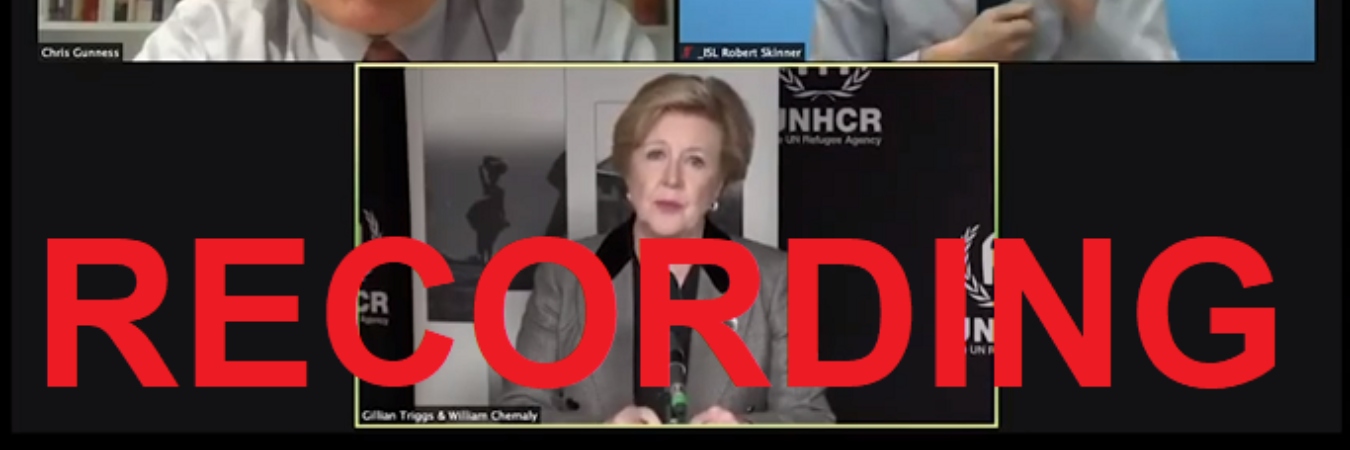
Recording Available for High Level Event on the State of Protection in the COVID-19 era
Access the video and audio recordings of the GPC, NRC and SDC event that took place on 30 November 2020.
On 30 November, PHAP supported an event organized with the Swiss Agency for Development and Cooperation (SDC), the Global Protection Cluster (GPC), and the Norwegian Refugee Council (NRC). This brought together a high-level panel that reflected on the state of protection and how it had been affected by the COVID-19 pandemic. The event drew on findings from a new NRC and Global Protection Cluster report on the current state of play in protection financing, and brought to a close the Global Protection Forum.
Moderated by Chris Gunness, the event started with introductory remarks from Ambassador Manuel Bessler, the Deputy Director General of the SDC, Delegate for Humanitarian Aid and Head of the Swiss Humanitarian Aid Unit, who provided an overview on the state of protection and how COVID-19 has ultimately amplified far-reaching global protection needs.
Jan Egeland, Secretary-General of the Norwegian Refugee Council highlighted the unprecedented challenges faced on the ground due to the pandemic and provided insights from the new report on the current state of play in protection financing.
In regards to how COVID-19 has affected work in Columbia, Mayerlín Vergara Pérez, Caribbean Regional Coordinator for the Renacer Foundation and Nansen Refugee Award Laureate, shared how child protection is even more crucial due to the COVID-19 lockdowns and how her organization has utilized online and virtual platforms to continue to protect and work with vulnerable persons affected by sexual and gender-based violence (SGBV).
With a new UNHCR report covering their work in six priority areas: Sahel, Central African Republic, Cameroon, Mozambique, Yemen and Venezuela, Gillian Triggs, Assistant High Commissioner for Protection, Office of the United Nations High Commissioner for Refugees (UNHCR) spoke on the broad themes of how the pandemic has changed protection priorities in these areas. She also noted that there was the increased vulnerability to certain crises due to the pandemic, leading to more instances of SGBV, economic shocks, and displacement during lockdowns.
Cecilia Jimenez-Damary, UN Special Rapporteur on the Human Rights of Internally Displaced Persons (IDPs), affirmed the need to continue to support those who have been displaced. She added that IDPs have been one of the most vulnerable populations, who are at a heighted risk to exposure of COVID-19 due to limited access to healthcare, water and sanitation, food, shelter, education, further exacerbated by discrimination and loss of income. As movement and mobility restrictions set by governments have hindered climate migrants who are affected by natural disasters and slow onset and adverse effects of climate change, she advocated for holistic COVID-19 responses that touch on all these issues.
Summing up the conclusions of the Global Protection Forum, William Chemaly, Global Protection Cluster Coordinator, shared three takeaways on protection responses in this COVID era. First, he commended the imagination and adaptability of protection actors to provide protection services in this new situation. Second, the pandemic has shown that there are areas in protection access and response that require improved coordination with non-protection actors. Finally, the pandemic has shown that localization of protection response is key.
If you missed this event, you can now access the video and audio podcast format version of the event recordings on the event page.
Access recording